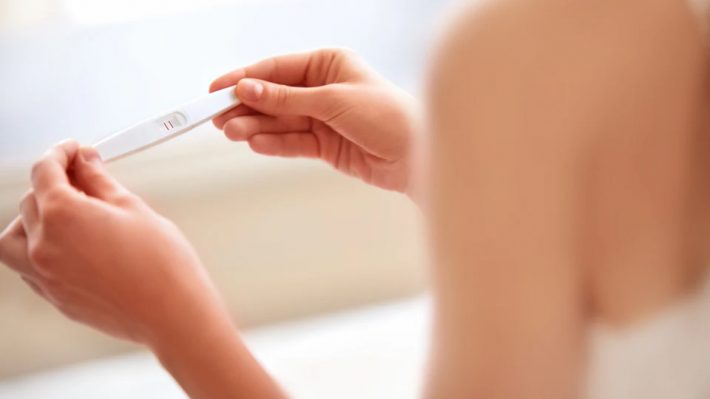Sex isn’t just a fun thing to do; it’s also got a purpose, namely, procreation! Many people worry about getting pregnant. Some of the most common issues are tackled here.
Fertility cycles
- When am I at my most fertile?
- This depends very much on how regular your cycle is. Keep a record of your menstrual cycle for about six months. The first day of the fertile time is calculated by subtracting nineteen from the number of days of the shortest cycle. The probable last fertile day is given by subtracting ten from the longest cycle. Obviously, because you can have sex at any time if you want to get pregnant, using this method to conceive is much more reliable than using it to avoid conception.
Speeding up conception
- What’s the best way to get pregnant fast?
- Sex in the six days up to and including the day of ovulation are most likely to result in pregnancy, so determining when this time is for you will help. Natural fertility awareness techniques (such as the rhythm method, the temperature method and the cervical-mucus method) can be used to increase the chances of pregnancy. They are quite complicated and should be explained in detail by a trained natural methods teacher. However, the constant regulation can put quite a strain on a relationship and the resultant stress may be counter-productive. Try getting to know your cycle and your body rhythms without becoming too hung up on the detail at first. You could also try the ovulation predictor kits available from pharmacies. Sex every day isn’t a good idea as this can reduce the concentration of sperm. Aim for once every three days, but don’t worry if you don’t stick to your schedule – keep having fun and don’t get anxious, it can take many couples 18 months or longer to conceive. Don’t turn sex into work!
Safer sex conception
- Is there any way I can conceive whilst practising safe sex?
- You can become pregnant whilst using a condom, although this obviously reduces the chances. If you are committed to your partner and planning a future together, it is wise to talk in detail about sexual histories so that you can rationalise your worries and set your mind at rest. If you do have any serious reasons to believe that he may be HIV positive, for example if he is a bisexual or a former drug user, you could ask him to take a test before you try to conceive. If you conceive and are HIV positive, the infection may be passed on to the baby.
Alcohol effects
- I‘ve been trying to get pregnant for over a year and am feeling very down. My partner drinks a lot and I think that he should give up. Am I right?
- A year is not an unusual amount of time to be trying to conceive. However, alcohol does reduce potency, in both the short and long term. 40% of male sub-fertility has been linked with just a moderate intake of alcohol. So if your partner wants to have children it would be a good idea to cut down on the drinking. If he’s resisting, he may well have subconscious worries about having children, so do talk to him. Alcohol can also affect female fertility, as can smoking. Generally a good diet, plenty of exercise and regular sex are the three things most recommended to improve chances of conception. Women should also take folic acid supplements when trying to conceive and during pregnancy.

